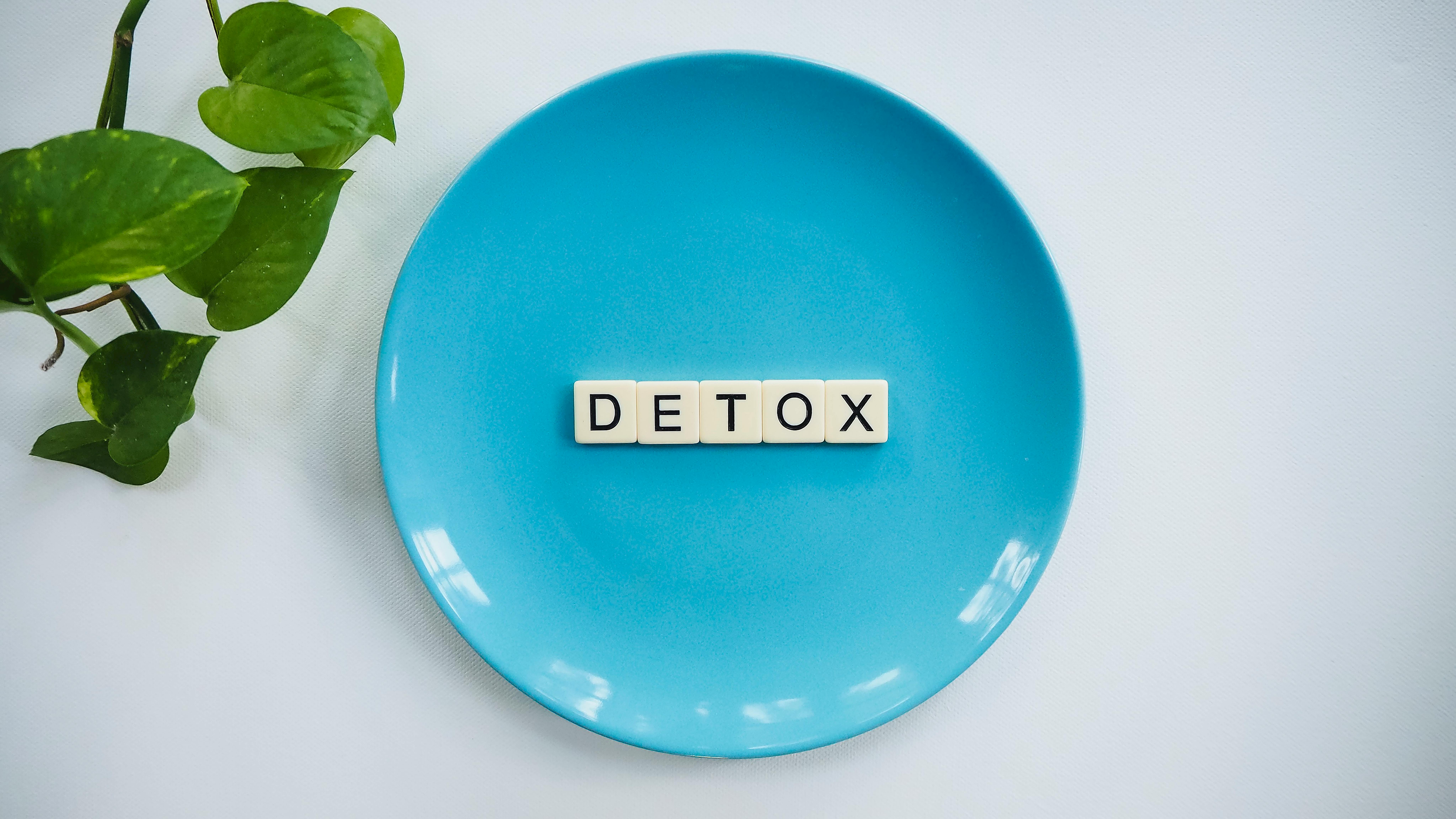Goitrogens are naturally occurring substances found in certain foods that may interfere with the normal functioning of the thyroid gland. These compounds can inhibit the uptake of iodine, which is essential for thyroid hormone production. As a result, consuming large amounts of goitrogenic foods can potentially disrupt thyroid function, which may lead to enlargement of the thyroid gland (goiter). This may be a problem for people with pre-existing thyroid conditions like hypothyroidism or iodine deficiency.
What Are Goitrogens?
There are three main types of goitrogens:
- Glucosinolates: Found in cruciferous vegetables like broccoli, cabbage, kale, and Brussels sprouts, glucosinolates can break down into isothiocyanates, which inhibit iodine uptake by the thyroid.
- Flavonoids: Found in foods like soybeans, peanuts, and pine nuts, flavonoids can be metabolized into goitrogenic compounds in certain conditions.
- Thiocyanates: These are produced from glucosinolates in cruciferous vegetables and can also interfere with iodine absorption (1).
How Do Goitrogens Affect the Thyroid?
The thyroid gland relies on iodine to produce thyroid hormones—thyroxine (T4) and triiodothyronine (T3). These hormones regulate metabolism, energy levels, and many other critical bodily functions. When goitrogens are consumed, they can block the enzyme thyroid peroxidase (TPO), which is responsible for adding iodine to thyroid hormones. This can lead to reduced thyroid hormone production. The TPO enzyme is also inhibited by TPO antibodies, which are commonly found elevated in Hashimoto’s thyroiditis.
In individuals with sufficient iodine intake, moderate consumption of goitrogenic foods is unlikely to cause significant thyroid dysfunction. However, in people with an iodine deficiency or those who already have an underactive thyroid, excessive consumption of goitrogens could exacerbate thyroid problems (2).
Common Goitrogenic Foods
- Cruciferous Vegetables: These include broccoli, cabbage, kale, cauliflower, Brussels sprouts, bok choy, and many others. They are rich in glucosinolates, which are broken down into goitrogenic compounds, including thiocyanates.
- Soy Products: Soybeans, tofu, and other soy-based products contain isoflavones, which are a type of flavonoid. Isoflavones can interfere with thyroid function in those with iodine deficiency or hypothyroidism (3).
- Millet: This gluten-free grain contains goitrogenic compounds that can impact thyroid function when consumed in large quantities.
- Peaches and Strawberries: These fruits contain small amounts of goitrogens, but they are not typically a concern unless consumed in excessive amounts.
- Sweet Potatoes and Cassava: These starchy vegetables also contain goitrogens and can have a mild impact on thyroid function.
Goitrogenic Foods and Cooking
Interestingly, cooking can reduce the goitrogenic effect of many foods. The heat from cooking deactivates the enzyme myrosinase, which is responsible for converting glucosinolates into their active goitrogenic form (4). Therefore, steaming, boiling, or sautéing goitrogenic vegetables can significantly reduce their potential to interfere with thyroid function.
Should You Avoid Goitrogenic Foods?
For most people with normal thyroid function and adequate iodine intake, there is no need to avoid goitrogenic foods. Cruciferous vegetables and soy products are highly nutritious, providing vitamins, minerals, antioxidants, and fiber. The health benefits of these foods often outweigh the potential risks of goitrogenic activity. However, individuals with Hashitmoto’s thyroiditis, hypothyroidism, or iodine deficiency may need to moderate their intake of goitrogenic foods or ensure they are cooked before consumption.
Special Considerations for People with Hypothyroidism
If you have been diagnosed with hypothyroidism, especially if you are taking thyroid hormone replacement therapy like levothyroxine, it’s important to consult with a knowledgeable licensed healthcare provider about your diet. While it is generally safe to eat goitrogenic foods in moderation, excessive consumption might interfere with the effectiveness of your thyroid medication (5).
Strategies to Minimize Goitrogenic Effects
1. Ensure Adequate Iodine Intake: Iodine deficiency is quite rare in the United States, if you are concerned your licensed healthcare provider can order a 24 hour urine iodine test to assess your level. You can counteract the potential goitrogenic effects by consuming iodine rich foods such as Iodized salt, seafood, seaweed, eggs, and dairy products.
2. Cook Goitrogenic Foods: As mentioned earlier, cooking vegetables can deactivate the goitrogenic compounds, reducing their impact on the thyroid. Steaming, boiling, or roasting cruciferous vegetables is a simple way to enjoy their benefits without the potential downsides.
3. Balance Your Diet: A balanced diet that includes a variety of fruits, vegetables, proteins, and grains is essential for overall health and helps ensure that you are not overconsuming any one type of food, including those that are goitrogenic.
4. Monitor Soy Consumption: If you have hypothyroidism, you may want to monitor your soy intake, especially in large quantities. Soy isoflavones may affect the absorption of thyroid hormone medications, so it’s best to talk to your doctor about the appropriate use of soy in your diet.
In Conclusion
Goitrogenic foods have the potential to impact thyroid function, particularly in individuals with pre-existing thyroid conditions or iodine deficiency. However, for most people, the moderate consumption of these foods, especially when cooked, is safe and may offer significant health benefits. A diet rich in diverse, nutrient-dense foods—along with appropriate iodine intake—can support thyroid health and overall well-being. Unsure if you should continue eating goitrogenic foods, connect with us to create an individualized whole person plan!
_
References
1. Chandra, A. K., & De, N. (2010). “Goitrogenic/anti-thyroidal potential of green tea extract in relation to catechin in rats.” Food and Chemical Toxicology.
2. Zimmermann, M. B., & Boelaert, K. (2015). “Iodine deficiency and thyroid disorders.” The Lancet Diabetes & Endocrinology.
3. Messina, M. J., & Redmond, G. (2006). “Effects of soy protein and soy isoflavones on thyroid function in healthy adults and hypothyroid patients: A review of the relevant literature.” Thyroid.
4. Mithen, R. F., et al. (2000). “Brassica vegetables and cancer prevention: the epidemiological evidence.” Pharmacological Research.
5. Leung, A. M., et al. (2012). “Soy and the thyroid: A review of the effects of soy foods and isoflavones on thyroid function in humans.” Environmental Health Perspectives.



